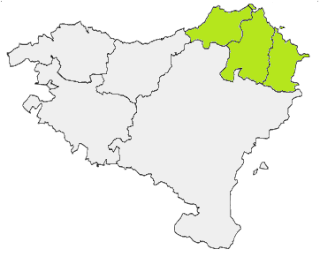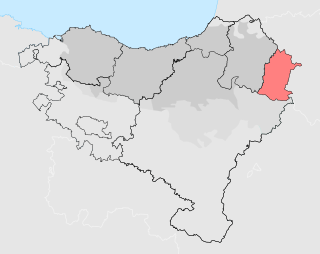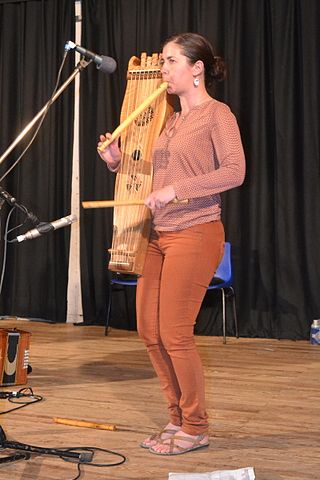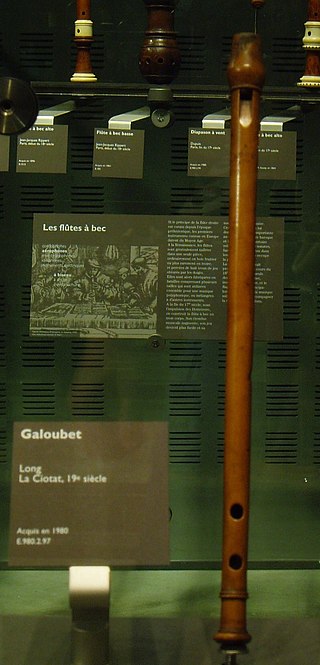The Basques are a Southwestern European ethnic group, characterised by the Basque language, a common culture and shared genetic ancestry to the ancient Vascones and Aquitanians. Basques are indigenous to, and primarily inhabit, an area traditionally known as the Basque Country —a region that is located around the western end of the Pyrenees on the coast of the Bay of Biscay and straddles parts of north-central Spain and south-western France.

Aquitaine, archaic Guyenne or Guienne, is a historical region of Southwestern France and a former administrative region. Since 1 January 2016 it has been part of the administrative region of Nouvelle-Aquitaine. It is situated in the southwest corner of metropolitan France, along the Atlantic Ocean and the Pyrenees mountain range on the border with Spain; for most of its written history Bordeaux has been a vital port and administrative centre. It is composed of the five departments of Dordogne, Lot-et-Garonne, Pyrénées-Atlantiques, Landes and Gironde. Gallia Aquitania was established by the Romans in ancient times and in the Middle Ages, Aquitaine was a kingdom and a duchy, whose boundaries fluctuated considerably.

Soule is a former viscounty and French province and part of the present-day Pyrénées-Atlantiques département. It is divided into two cantons of the arrondissement (district) of Oloron-Sainte-Marie, and a part of the canton of Saint Palais.

Mauléon-Licharre, or simply Mauléon, is a commune in the Pyrénées-Atlantiques department in southwestern France.

The Aquitani were a tribe that lived in the region between the Pyrenees, the Atlantic Ocean, and the Garonne, in present-day southwestern France in the 1st century BC. The Romans dubbed this region Gallia Aquitania. Classical authors such as Julius Caesar and Strabo clearly distinguish the Aquitani from the other peoples of Gaul, and note their similarity to others in the Iberian Peninsula.

Aussurucq is a commune in the Pyrénées-Atlantiques department in the Nouvelle-Aquitaine region of south-western France.

Barcus is a commune in the Pyrénées-Atlantiques department in the Nouvelle-Aquitaine region of southwestern France in the former province of Soule.

Arrast-Larrebieu is a commune in the Pyrénées-Atlantiques department in the Nouvelle-Aquitaine region of south-western France.

The French Basque Country, or Northern Basque Country, is a region lying on the west of the French department of the Pyrénées-Atlantiques. Since 1 January 2017, it constitutes the Basque Municipal Community presided over by Jean-René Etchegaray.

Souletin or Zuberoan is the Basque dialect spoken in Soule, France. Souletin is marked by influences from Occitan, especially in the lexicon. Another distinct characteristic is the use of xuka verb forms, a form of address including in third person verbs the interlocutor marker embedded in the auxiliary verb: jin da → jin düxü.

Augustin Chaho in French or Agosti Xaho in Basque was an important Romantic Basque writer. He was born in Tardets, Soule, French Basqueland on 10 October 1811 and died in Bayonne, Labourd 23 October 1858. He is considered a precursor of left-wing Basque patriotism.

Novempopulania was one of the provinces created by Diocletian out of Gallia Aquitania, which was also called Aquitania Tertia.

The string drum or Tambourin de Béarn is a long rectangular box zither beaten with a mallet. It is paired with a one-handed flute with three finger holes, similar to a pipe and tabor. It has also been called tambourin de Gascogne, tambourin à cordes in Catalan, Pyrenean string drum, ttun-ttun in Basque, salmo in Spanish, and chicotén in Aragonese. It was known in the middle ages as the choron or chorus.

The xirula is a small three holed woodwind instrument or flute usually made of wood akin to the Basque txistu or three-hole pipe, but more high pitched and strident, tuned to D/G and an octave higher than the silbote. The sound that flows from the flute has often been perceived as a metaphor for the tweet cadences of bird songs. Some scholars point out that flutes found in the Caverns of Isturitz and Oxozelaia going back to a period spanning 35,000 to 10,000 years ago bear witness to the early presence of the instrument's forerunner in the region, while this view has been disputed.

The maskarada is an itinerant set of traditional dances, theatre acts and parades that takes place annually in different towns and villages across the Basque region of Soule, France, during the time of carnival. It is generally referred to in the plural (maskaradak) as it is repeated across the region on the streets of villages over the span of a month or two in late winter through spring. The plays are performed by the villages' inhabitants, and the arrangements for each maskarada are the responsibility of each participating village. Sometimes, when two villages are very small, they will share arrangements together.
Joanes Leizarraga (1506–1601) was a 16th-century Basque priest. He is most famous for being the first to attempt the standardisation of the Basque language and for the translation of religious works into Basque, in particular the first Basque translation of the New Testament.

The pastoral is a traditional kind of play from the Basque Country held in the region of Soule, France. It features a set range of characters and acts repeated on all pieces. This kind of theatre represents a dualism between the wicked and the righteous. On every new creation, a different story is staged, where verses are recited in Zuberoan Basque by the players following a pre-established stance and steps on the scene. Singing and dance play an important role too, the performance actually culminating with a choral staging where the collective spirit is voiced. The development of the story is supported by a brass-band and/or the xirula and the psalterium (ttun-ttun).
Jean-Philippe de Bela, known as chevalier de Bela, OSL was a French-Basque military figure and writer in basque language, born at Mauléon, Soule. Among his works, he wrote L'histoire des basques and also Histoire générale de la nation basque, where he compares the Basque dialects from France with those of Guipúzcoa and Álava.

The Tarbelli were an Aquitani tribe dwelling in the present-day regions of Labourd and Chalosse, in the west of Aquitania, during the Iron Age.

The Auscii or Ausci were an Aquitani tribe dwelling around present-day Auch during the Iron Age.















